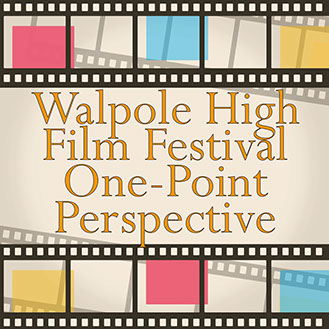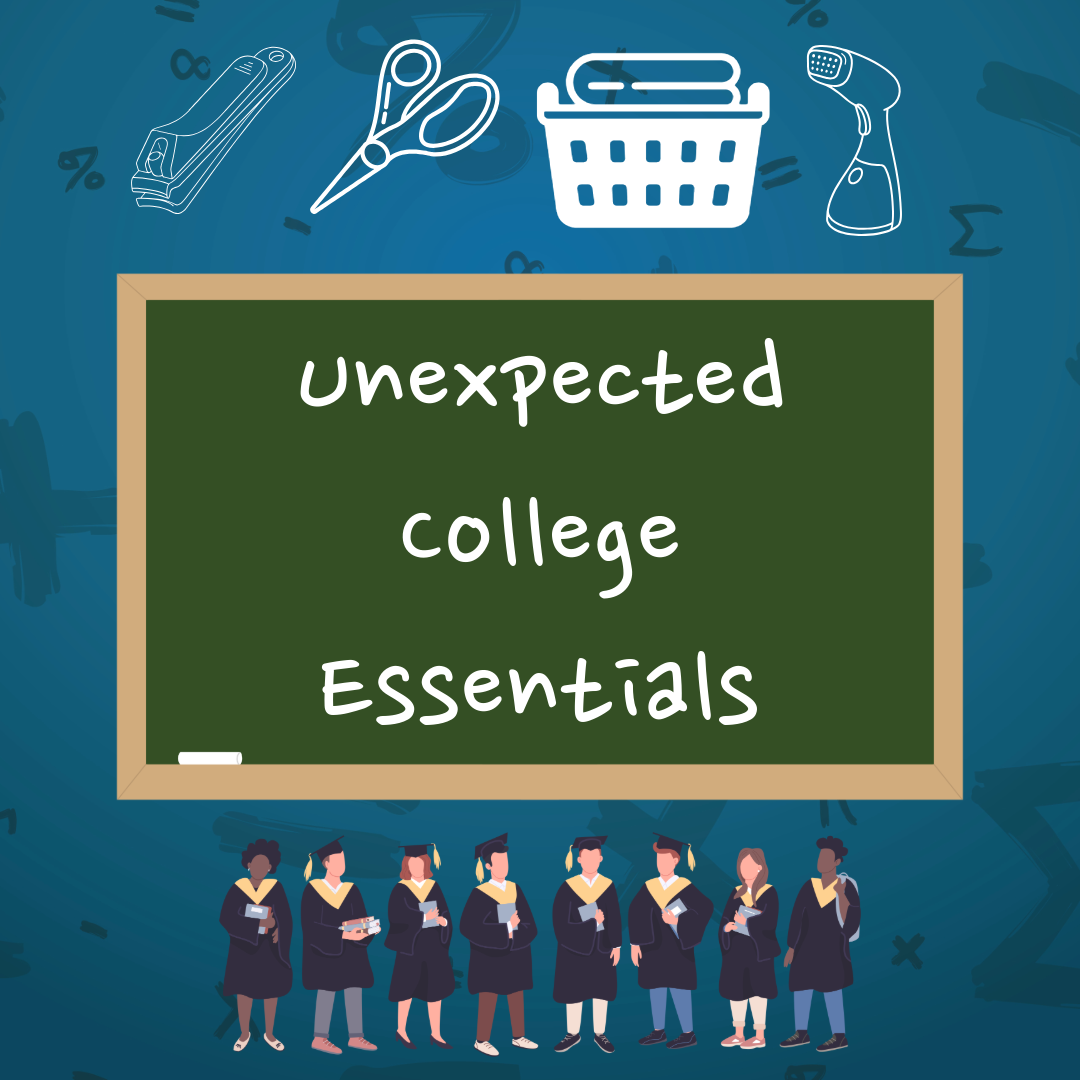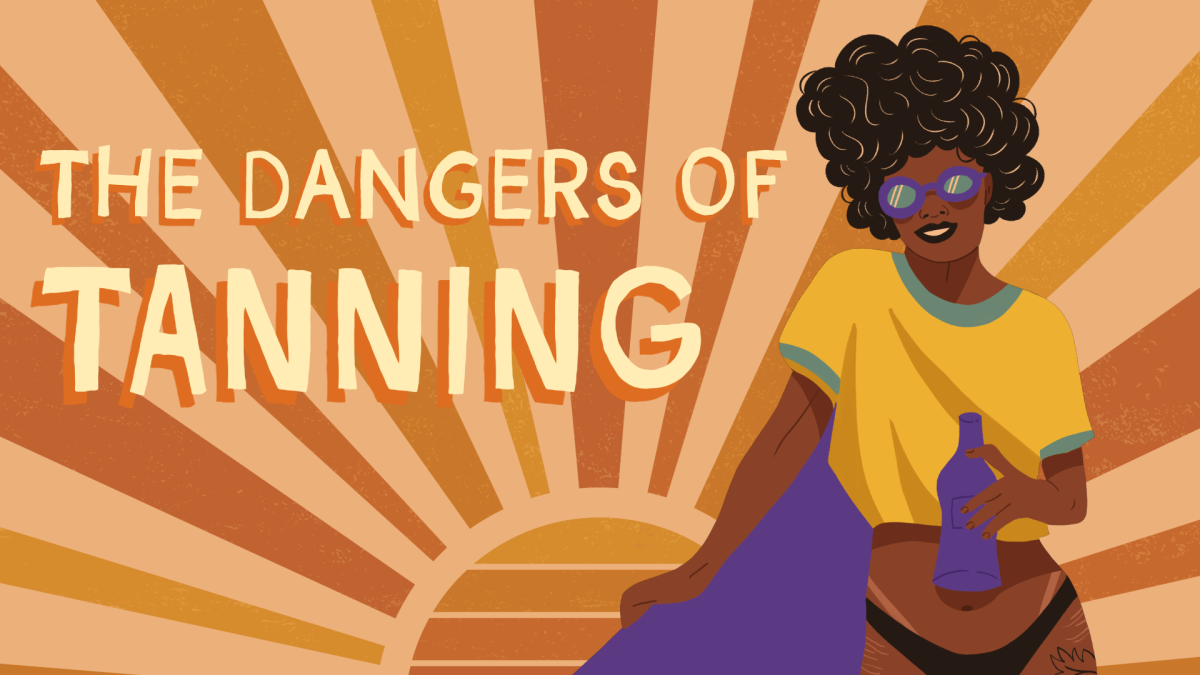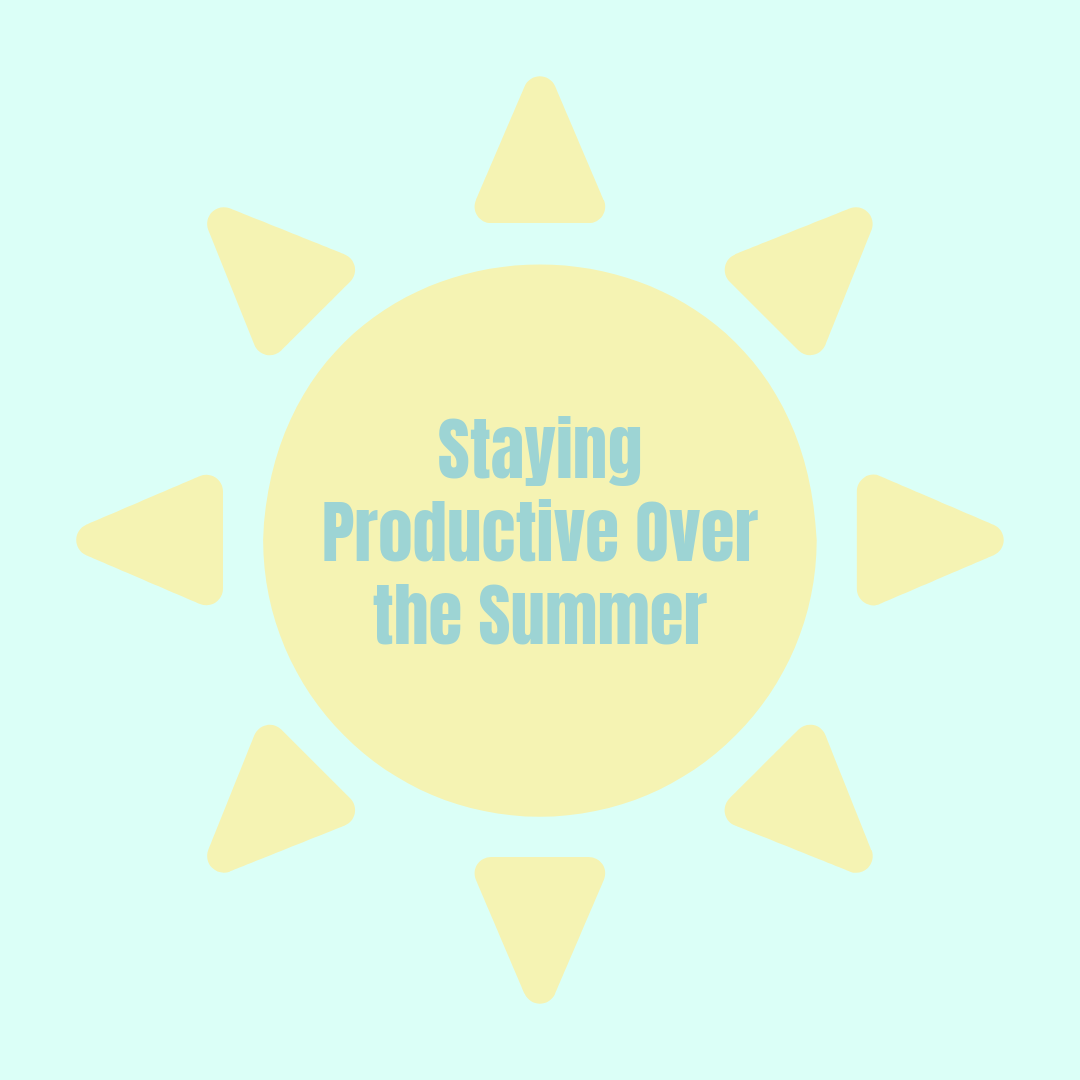Whether when driving, doing housework or working out, people listen to podcasts to hear added perspectives while occupying time. They hold more weight educationally than continuing in silence or listening to music. In a world where technology is the driving force behind day to-day existence, everyone should take advantage of the resources from technology to learn new lessons. “My favorite one is ‘Stuff You Should Know,’ which I listen to on Spotify,” said junior Melania St. Cyr.
“One-Point Perspective”

Walpole High School (WHS) is famous for its award-winning, 16-year-old Film Festival. Behind the scenes is the “One-Point Perspective” podcast, hosted by English Teacher Michael Alan and Transition Room Coach James Connolly. The podcast is perfect for the Walpole resident, as they can hear stories and perspectives of film-driven WHS students, alumni and teachers.The special “BUZZ” edition includes reviews of the upcoming movies or chats and anecdotes with filmmakers. Alan and Connolly always playfully assign their own “BUZZ,” or Starbucks beverage, to a movie. Latin teacher Gabriel Bakale then closes the podcast by concocting his own comical add-on, such as “this podcast is brought to you by Mr. Passeggio’s fridge.” WHS’ best podcast can be found on whsfilmfestival.com, iTunes and SoundCloud.
“TED Radio Hour”
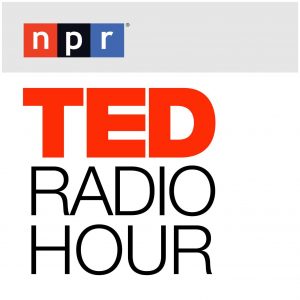
Everybody loves a good TED Talk. The Ideas Worth Spreading promise of TED’s nonprofit organization for technology, entertainment and design has grown into a global platform including podcasts. National Public Radio (NPR) and TED co-produce the “TED Radio Hour” podcast, which is hosted by Guy Raz, who hosts other podcasts “How I Built This” and “All Things Considered.” “TED Radio Hour” is a hub for innovations, technology and different ways of thinking. Found on NPR, the podcast includes episodes around 50 minutes that can range from “What is Beauty” to “Fighting Cancer.” Each episode focuses on a central theme with fascinating anecdotes by either prominent or emerging people as speakers. “I listen to them when I’m doing other stuff like drawing or painting,” said St. Cyr. “I like it better than music sometimes because they’re more informational, and I feel like I’m learning something.”
“This American Life”
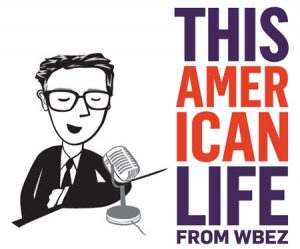
In the 1920s-1950s, people would gather around the radio for entertainment. Although today phones and computers serve as entertainment, storytellers in 2018 still use radio and podcasts as a platform. Every week since 1995, “This American Life” releases a collection of stories on thisamericanlife.com and 500 public radio stations. Ira Glass hosts the podcast in a format similar to a play: he begins with a prologue, which precedes a number of different acts. Each story is a form of journalism that can relate to the audience on a human level; they have a specific, cinematic plot that evoke feelings of humor, suspense and empathy—just as in any good story. “This podcast walks you through fascinating stories about the human experience that broaden your perspective and cause you to question your most basic assumptions,” WHS English teacher Peter Salmans said.



